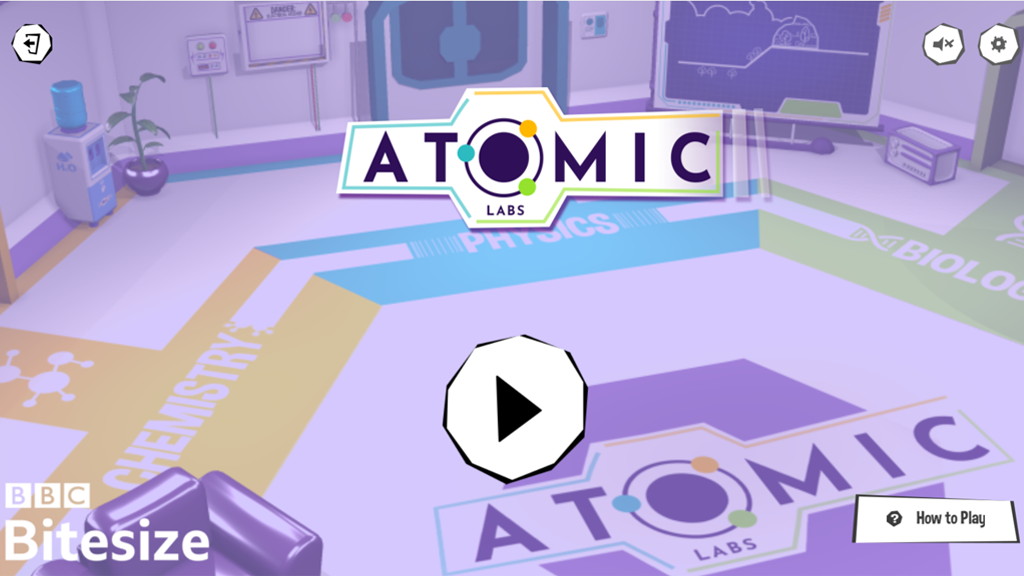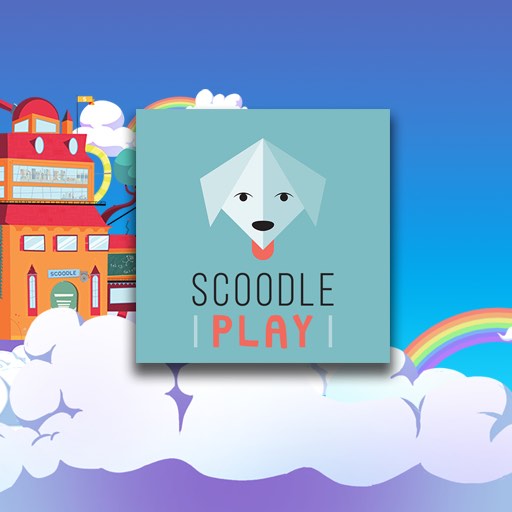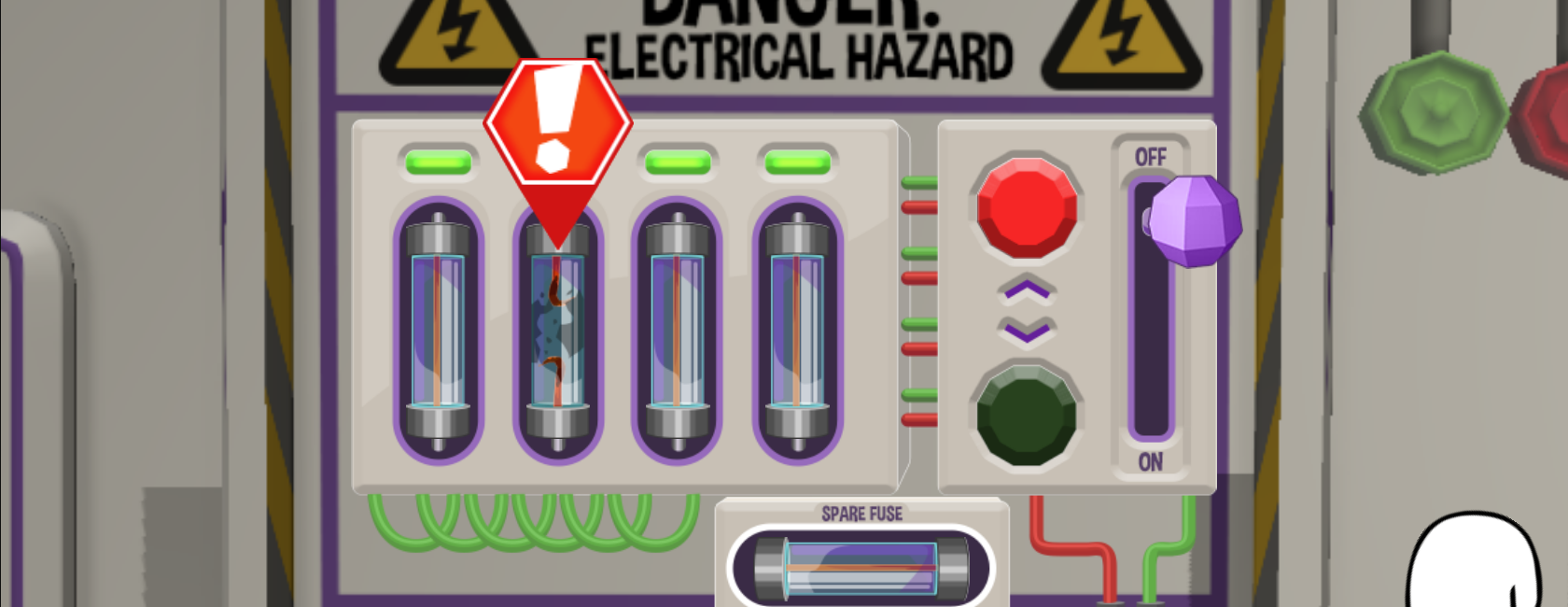<
WorkBBC
BBC Bitesize: Atomic Labs
How we designed ‘explosive’ interactive educational content for BBC Bitesize.
Atomic Labs solves the BBC’s challenge and delivers a high-quality, sometimes explosive, learning resource for home learners.
The importance of quality digital learning content became self-evident in 2020, when schools around the world shifted overnight to remote learning. The global pandemic disrupted formal learning in unprecedented ways, leaving teachers and students scrabbling to find digital resources to meet curriculum needs.
A problem to solve
The BBC already delivered a wide range of high-quality digital learning content, but a key area missing for Key Stage 3 (KS3) learners, aged 11-14, was the ability to perform practical science experiments at home.
Home learners don’t have access to scientific equipment, and many experiments are too complicated or dangerous to perform outside the classroom.
The BBC were left asking the question “How do we deliver practical science to home learners?”
We designed a virtual laboratory
This is where fish in a bottle’s involvement began. As a long-term BBC supplier, we had already delivered a range of digital learning projects for both BBC Bitesize and BBC Teach. When the BBC outlined their challenge, our response was to propose Atomic Labs; a playful virtual laboratory that would let learners perform digital experiments.
- For Atomic Labs to work it needed to:
- Deliver the same learning outcomes the experiments deliver within the classroom
- Be fun, engaging and easy for learners to understandWork well on the devices available to home learners
An expert partner
To deliver against the learning outcomes we enlisted the help of Rob Kelly, Head of Physics at Okehampton College. We had met Rob during our work on Exoplanet Explorers for Exeter University, when he bought a group of his students in for user testing.

BBC Bitesize: Atomic Labs
Rob provided the classroom experience and practical insight we needed to deliver appropriate learning content, pitched at the right level for the learners.
User testing
We have a great deal of experience delivering fun and engaging content, but there is no substitute for user testing. Invariably user testing highlights new things to consider, tests assumptions and highlights areas for improvement. Atomic Labs was no different. Several rounds of user testing allowed us to refine the game to the point where learners intuitively understood what to do, and were enjoying the game while they learnt.
Device support for learning content is always a challenge, many learners (and schools) don’t have the latest devices and are often unable to install apps. This can limit access to high quality digital education resources, contributing to the learning gap experienced by disadvantaged pupils.
Broswer based HTML5
To overcome this, we developed Atomic Labs in HTML5, using some clever techniques, to deliver a high-quality learning experience via web browser on a wide range of desktop, mobile and tablet devices; including a large number of older, less capable devices.

BBC Bitesize: Atomic Labs
Conclusion
Atomic Labs solves the BBC’s challenge and delivers a high-quality, sometimes explosive, learning resource for home learners. It’s also a great resource to use in schools and for GCSE students revising for their exams.
Can we make educational games for you?
More work...

iRead | fish in a bottle
Navigo reading game app
Personalised learning technology that supports the development of reading skills in primary age children.
Read more
Plantyn
Scoodle Play educational platform
Using gamification to make educational content more entertaining and engaging for children
Read more
